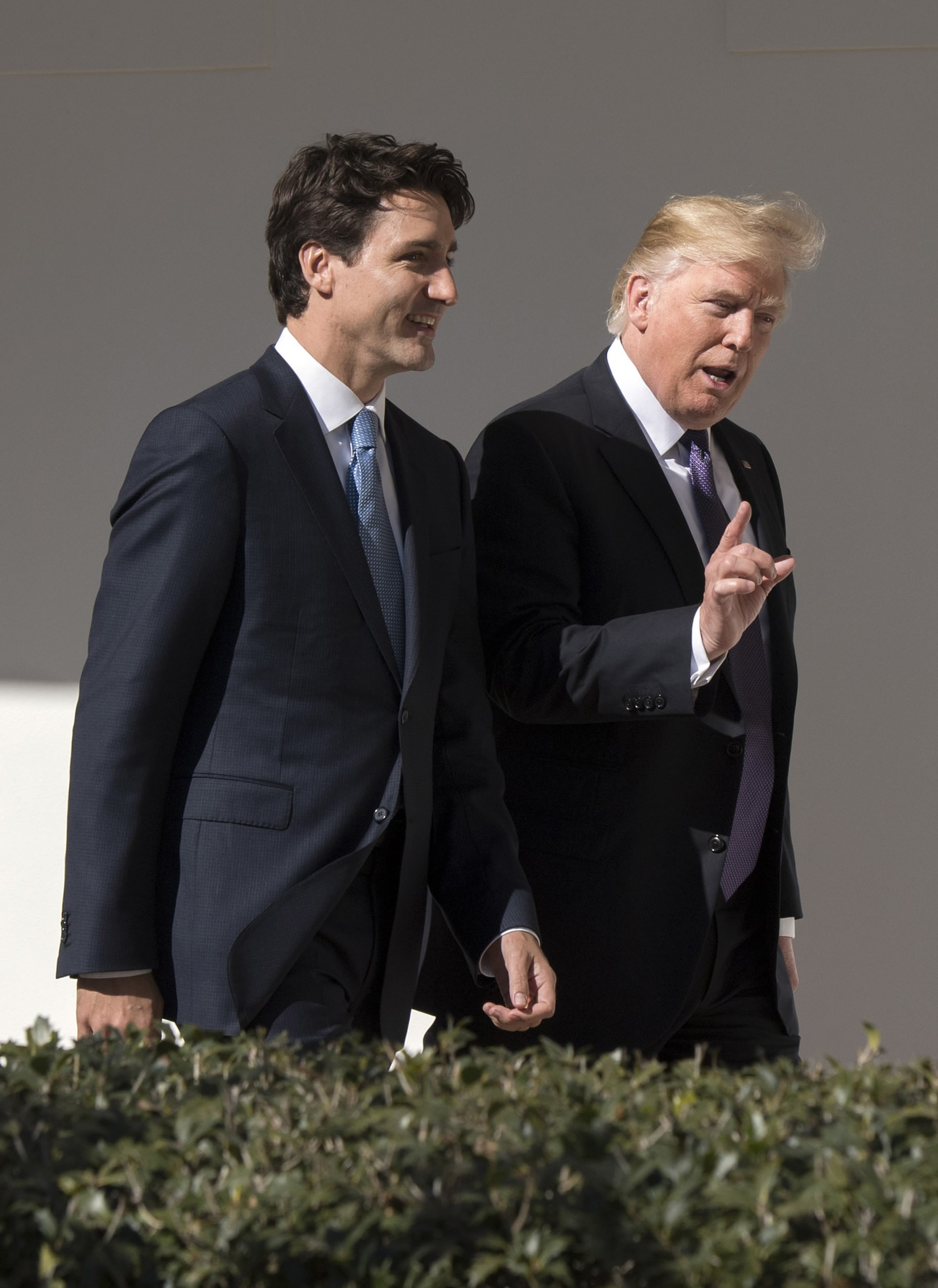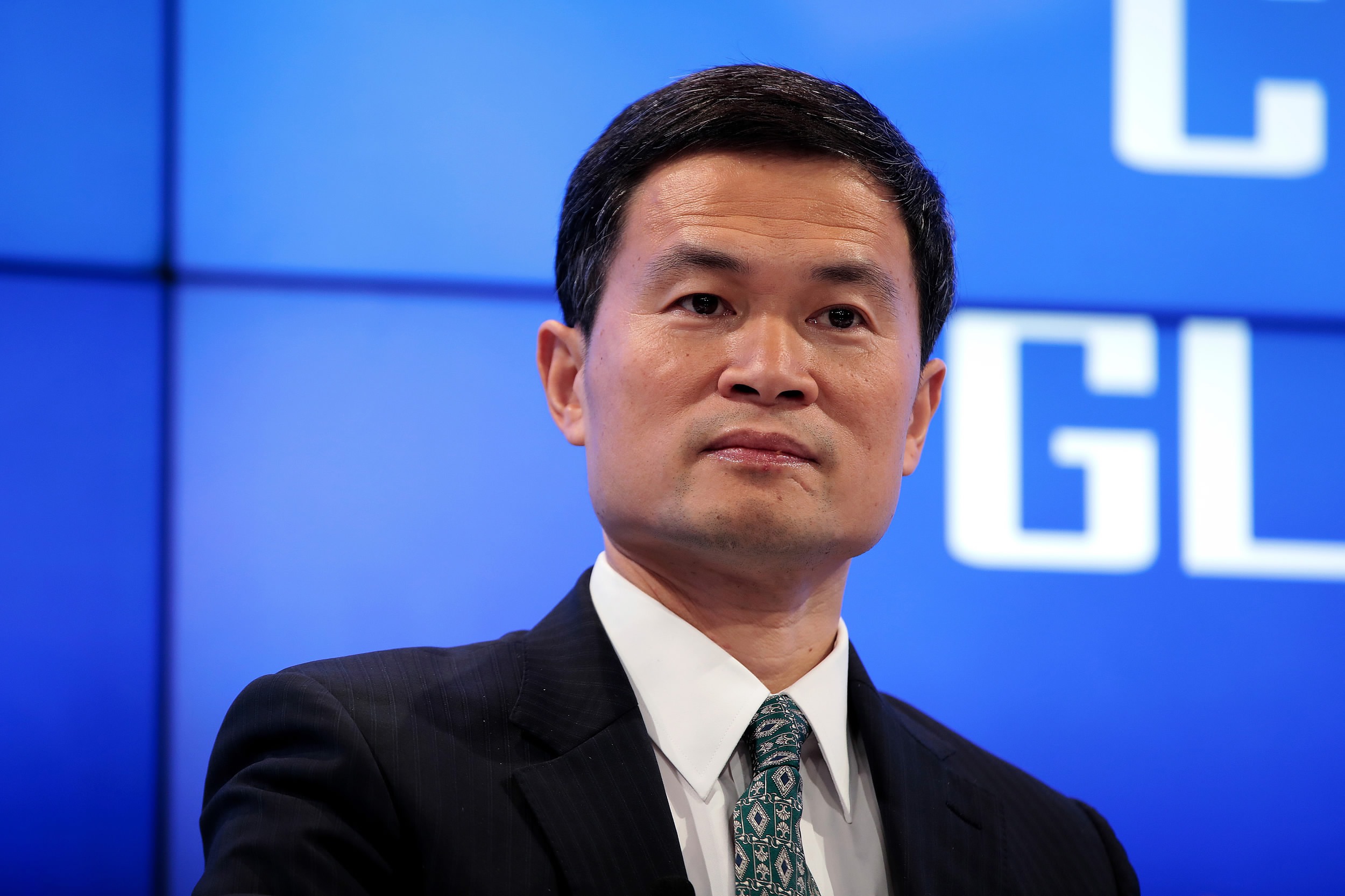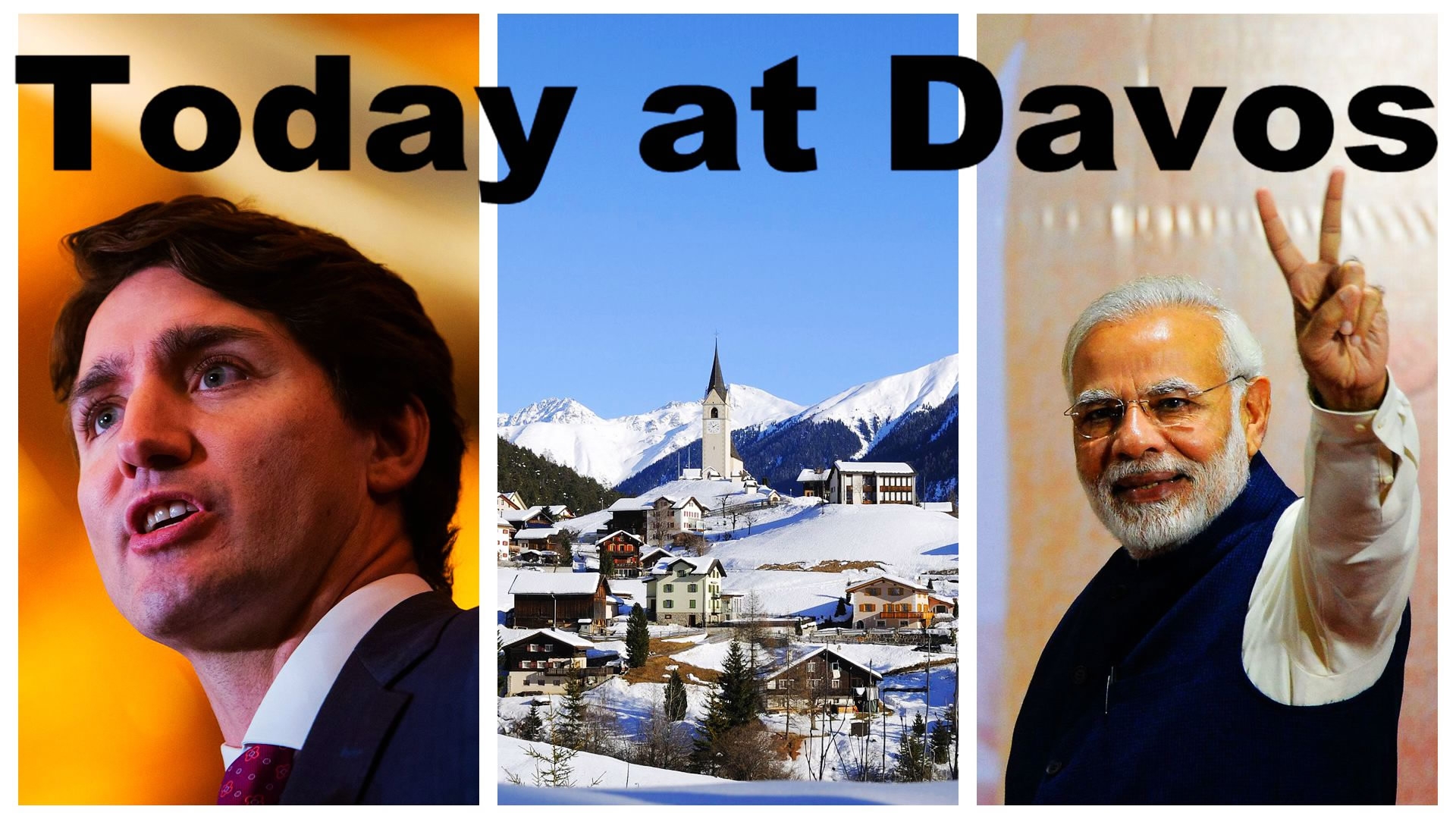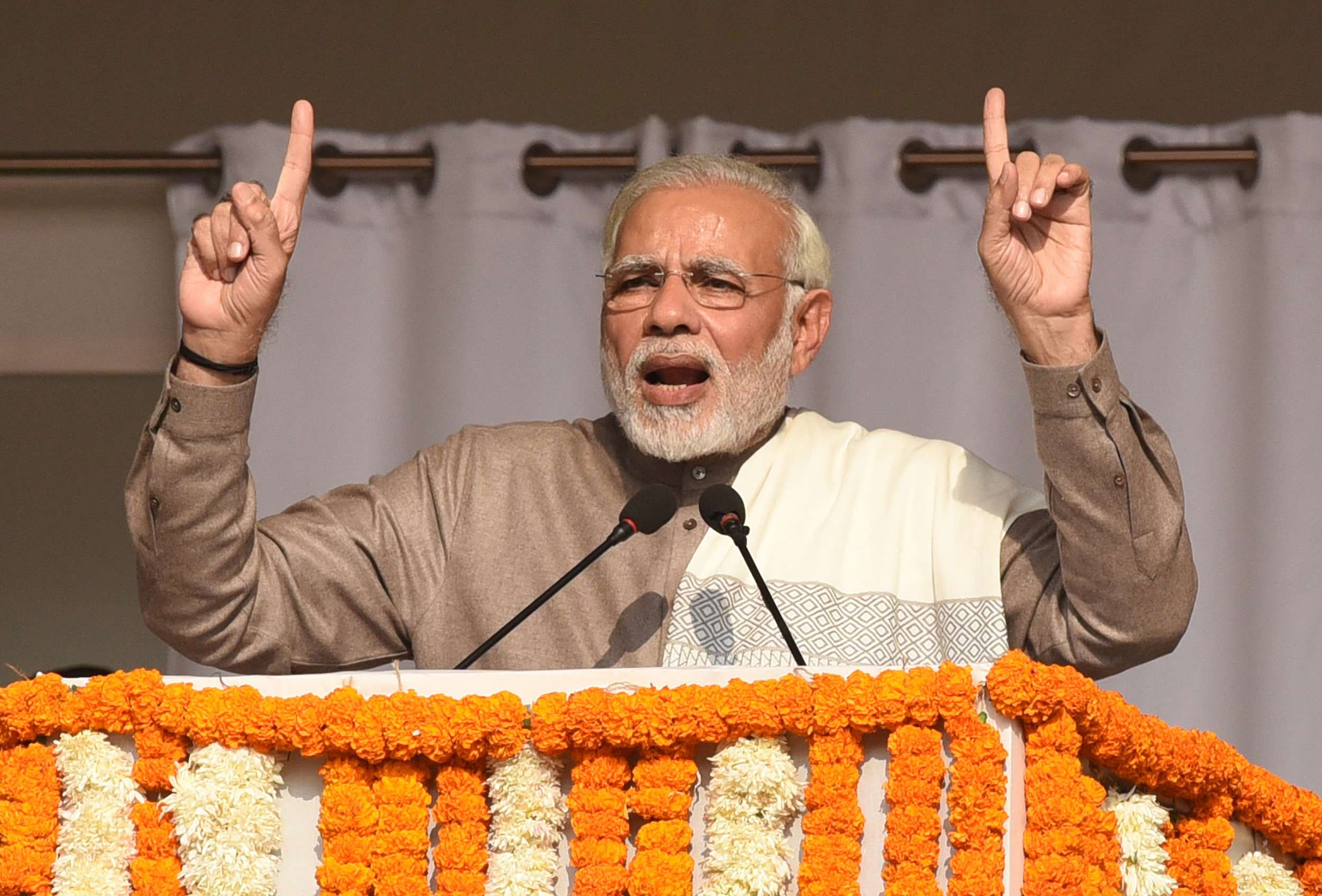The World Economic Forum opened in Davos, Switzerland on Monday, ahead of a week of much-awaited speeches from figures as diverse as US President Donald Trump and Emmerson Mnangagwa, the new leader of Zimbabwe.
While day one at Davos saw the
International Monetary Fund (IMF) unveil an improved outlook for the global economy, Tuesday will see center stage given to Narendra Modi, the first Indian leader at Davos in more than 20 years. Canadian PM Justin Trudeau will also give a special address, while several roundtable discussions will focus on China, which has a significant presence at this year’s WEF.
Read on for more of what to expect at day two of Davos.
Modi takes center stage
Who? Narendra Modi, prime minister of India since May 2014.
India's economic outlook: The IMF forecasts India’s GDP will grow by 7.4 percent in 2018 and 7.8 percent in 2019, making it the world’s fastest growing developing nation. The Centre for Economics and Business Research suggests India will overtake the UK and France in 2018 to become the world’s fifth largest economy, while Merrill Lynch believes 2028 could see it leapfrog Japan as the third largest, behind the US and China.
What to expect: Modi will be buoyed after the IMF appeared to back his economic policies. 2017 was a tough year as GDP growth slowed to 6.7 percent following demonetization of low-denomination bank notes and the introduction of the goods and services tax (GST).
While controversial, difficult to implement and initially disruptive to the economy, demonetization and GST could begin to make sense from 2018 onwards. However, despite a promising GDP outlook, a WEF report on inclusive growth ranked India 64th, far behind China, Sri Lanka, Pakistan and other regional rivals. The rankings are based on living standards, equal opportunities and incomes.
Modi will use Davos to do all he can to convince international investors to pump their money into India. A PWC report on the eve of the Indian PM’s speech ranked India as the world’s fifth most attractive destination for investment in 2018 – watch Modi’s speech for any signals of further reform and opening up to foreign business.
Trudeau on Trump and free trade
Who? Justin Trudeau, prime minister of Canada since November 2015.

Trudeau has expressed confidence that he can work with US President Donald Trump to rescue the NAFTA. /VCG Photo
Trudeau has expressed confidence that he can work with US President Donald Trump to rescue the NAFTA. /VCG Photo
Canada's economic outlook: IMF forecasts growth of 2.3 and 2.0 percent in 2018 and 2019. While economically liberal and globalist Trudeau could be described as the “anti-Trump,” Canada’s economy is predicted to benefit from the US president’s tax reform, with a strong economic performance across the border set to boost Canadian businesses.
2017 saw Canada and the European Union finally seal a free trade agreement (FTA), which should be a further positive going into 2018.
What to expect: 2018 will be a big year for Canada, with the G7 Summit taking place in Quebec this summer. Trudeau will use his speech at Davos as a preview to G7, and will look to downplay a potential US-pullout from the North American Free Trade Agreement (NAFTA).
Canadian media suggest Trudeau will talk about gender equality, the importance of women in the workplace and workers’ rights.
Look out for any comments on a potential FTA between China and Canada – initial discussions within the Canadian government last year stumbled, despite earlier public consultations being held with positive results.
China at Davos
Tuesday will see Vice Chairman of the China Securities Regulatory Commission Fang Xinghai take part in “The Next Financial Crisis?”, a discussion alongside figures from Bloomberg, Citigroup and Harvard University which will look at the risks of leveraging and liquidity, passive investing and transforming financial services.

Fang Xinghai, vice chairman of China Securities Regulatory Commission, during a panel session at the WEF in Davos, Switzerland, Jan. 18, 2017. /VCG Photo
Fang Xinghai, vice chairman of China Securities Regulatory Commission, during a panel session at the WEF in Davos, Switzerland, Jan. 18, 2017. /VCG Photo
Later on Tuesday, “How is China Leading the World?” will take a look at China’s emergence as a global power one year on from President Xi Jinping’s speech at Davos, while CGTN’s Tian Wei will be part of the discussion on “Next-Generation Storytellers” and “A New Era for Energy Politics.”
Anything else to look out for?
The
all-female panel of co-chairs for this year’s WEF will give their views on “Creating a Shared Future in a Fractured World,” the main theme of this year’s meeting. That “fractured world” theme will be further explored by the heads of Credit Suisse, Bank of America, Blackstone and Nasdaq, as they look at how increasingly divisive geopolitics could affect markets in 2018.
Also, look out for the press conference on “the Fourth Industrial Revolution in Japan,” as business leaders discuss how Abenomics and new policies can help propel the world’s third largest economy as it continues to struggle with slow growth and stagnant inflation.






